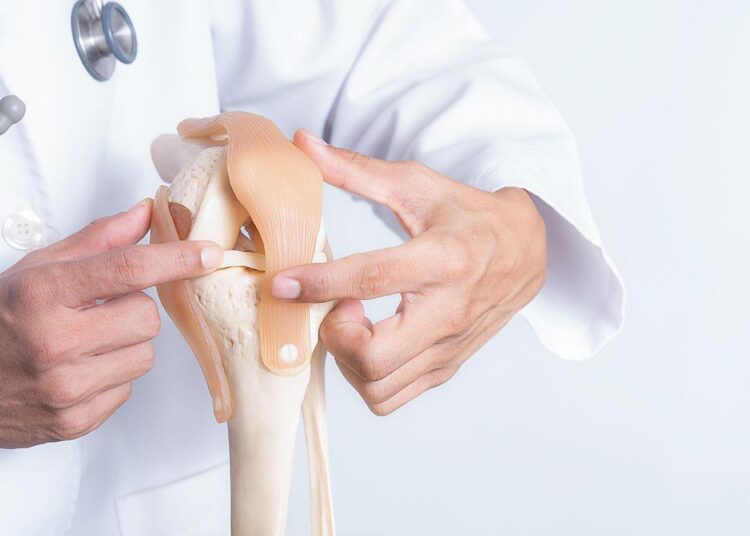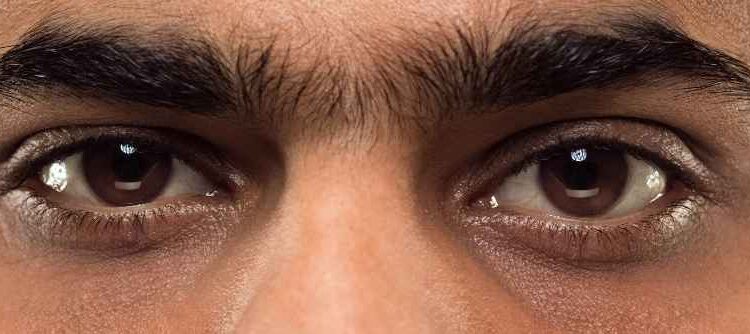Tips to recover from oral surgery
- Written by: Department Of Dental Science
- Published: April 5, 2021
- 4 min Read


Whatever is the reason you have gone through oral surgery, it is essential to take care, afterwards! These care and precaution help you heal faster and better. Some of the reasons you opt for oral surgery are the removal of wisdom teeth and new dental implants. Also, if you have any problem with your gum and teeth, you need oral treatment
Do’s and Don’ts after surgery
Just because the surgeon does not ask you to admit in the hospital after the surgery, it does not mean you can take the recovery lightly. You need to follow all the doctor’s instructions and some of the points mentioned below.
Do’s
Some do’s you should follow after surgery are:
- Do take your time
After returning from surgery takes a full day rest. If during the process the doctors gave you a sedative, then you will already feel drowsy. So make sure while returning home someone is there with you to drive you home. Moreover, it would be best if you avoid strenuous activities. Do not attempt any heavy lifting, which can result in bleeding and blood clot. Also, when you sleep, use an extra pillow under your head to keep it elevated.
- Do follow the doctor’s instructions.
If the doctor warns you not to use mouthwash or brush, then do not attempt so. It is not right to brush since your mouth will be sensitive after the treatment and may result in infection. The doctor might also prevent you from brushing sensitive spots, and you can clean other parts.
Furthermore, they may also ask you to rinse your mouth from saltwater at least twice a day. Mostly the proportion is half a teaspoon of salt and 8-ounces of warm water. This habit will help you a lot to reduce the pain and to avoid infection.
- Do apply Ice
It is prevalent that your face might swell and you will experience bruises. So, for the first 24 hours, apply an ice bag to your jaw or where you feel the pain. The process you will follow is you will apply Ice for 30 minutes and then give it a rest then again apply.
Keep on repeating the process the swelling will reduce in 2 or 3 days. However, if the situation worsens or you suffer through fever or a formation of pus, contact your doctor. It may be because of infection.
- Do block the blood
You might bleed from the affected area after the surgery. To slow the blood flow, you can gently bite the folded gauze. However, if the bleeding does not stop even after 24hours, you should discuss it with your doctor. Also, inform your doctor if the bleeding is too heavy that you are changing the gauze very often.
- Do eat healthy food containing Vitamin A and C
Ensure that you eat only healthy food rich in vitamin A and C. These vitamins help in faster recovery from your oral surgery. Also take supplements for better results.
- Guard the clot
It would help if you took care of the clot as it is healing. You do not want to disturb or hurt your clot in the process as it will take more time. So avoid using straw, smoking, or drinking for at least three days after the surgery. Also, try not to spit too much.
- Do keep track of what you eat
Try to eat food that is soft and cold. However, stay away from too cold, chewy, or spicy food. The solid food option that you can have after surgery is instant oatmeal, yogurt, and applesauce.
- Do take your pain meds on time
In the initial stage of surgery, you will need medicine to help for coping with pain. Thus your doctor will prescribe you some pain medicines, so remember to take them on time. Your doctor might suggest you over-the-counter pain killers like NSAIDs or acetaminophen. These medicines will release your pain in less than 48 hours.
- Look for abnormality
Watch out for any other complications like swelling, infection, fever that continues after two days. Inform your doctor if you are facing trouble swallowing or breathing. Some people also get an allergic reaction to the anesthesia provided by the surgeon.
Don’ts
You should not carry out the points mentioned below after going through oral surgery:
- Don’t push yourself
Remember, you will be vulnerable after the surgery. So do not push your limit by doing heavy lifting or going to the gym. You will need proper rest and care and after you recover, ask your doctor when you can start your running or workout.
- Don’t consume hot drinks or food
Try not to consume any hot drink or food until you have recovered from numbness. This act helps in avoiding cases of burnt roofs or the tongue of your mouth. You will already have to care for surgery recovery, and you do not want any more problems.
- Avoid hard or chewy food
Food like carrots or popcorn that require more chewing can increase the pain. So have them only after 6 to 8 weeks of surgery. Also, avoid crunchy food like chips.
- Say no to smoking
Saying no to smoking is better for your overall health. However, you must make sure you are not smoking at least after surgery for the next 24 hours. Moreover, if you need help regarding smoking cessation, you can consult with your surgeon.
- Avoid drinking alcohol
If you drink alcohol within the first 24 hours after the surgery, it can affect your healing process. So ensure that you avoid consuming it while you are suffering from pain or is under medication.
Conclusion
The above tips will surely help you while you are in your recovery phase. So make sure you follow it to avoid complications. Also, attend post-surgery check-ups to ensure you are healing at the right place. If you feel any other risk, you can consult with your doctor.
Related Read
Best Practices for Healthy Teeth & Gums
Dental care is one of the most underrated practices by
Patients also want to know


Does diabetes cause dental problems?
Diabetic patients are more vulnerable to the germ in their mouths. The relation by which it affects the dental area is high blood pressure. If you are not controlling your diabetes, you are decreasing white blood cells making the body defenseless.


Is laser treatment on teeth safe?
The most common laser teeth treatment that people adopt is laser teeth whitening treatment. It is a fast and safe treatment option as it requires no invasive procedure. Thus, the process involves no bleeding and pain.
Warning: Trying to access array offset on value of type null in /home/drr41ih765mp/public_html/wp-content/plugins/jblog-elements/includes/class/elements/views/view-abstract.php on line 142
Warning: Trying to access array offset on value of type null in /home/drr41ih765mp/public_html/wp-content/plugins/jblog-elements/includes/class/elements/views/view-abstract.php on line 142
Warning: Trying to access array offset on value of type null in /home/drr41ih765mp/public_html/wp-content/plugins/jblog-elements/includes/class/elements/views/view-abstract.php on line 142
Warning: Trying to access array offset on value of type null in /home/drr41ih765mp/public_html/wp-content/plugins/jblog-elements/includes/class/elements/views/view-abstract.php on line 142
Warning: Trying to access array offset on value of type null in /home/drr41ih765mp/public_html/wp-content/plugins/jblog-elements/includes/class/elements/views/view-abstract.php on line 142
Warning: Trying to access array offset on value of type null in /home/drr41ih765mp/public_html/wp-content/plugins/jblog-elements/includes/class/elements/views/view-abstract.php on line 142
Warning: Trying to access array offset on value of type null in /home/drr41ih765mp/public_html/wp-content/plugins/jblog-elements/includes/class/elements/views/view-abstract.php on line 142
Warning: Trying to access array offset on value of type null in /home/drr41ih765mp/public_html/wp-content/plugins/jblog-elements/includes/class/elements/views/view-abstract.php on line 142
Related Posts
The Importance of Orthopedic Care: How it Impacts Your Quality of Life
The Importance of Orthopedic Care: How it Impacts Your Quality of Life Introduction In the pursuit of a fulfilling life, ...
“Stay cool, stay safe: Beat the heat, avoid heat stroke.”
Department by: Internal Medicine Last Read: 4 min ago As the temperatures rise during the hot summer months, it's important ...
Sudden Onset (Sensorineural) Hearing Loss
Department by: ENT Last Read: 4 min ago As the name suggests, it’s a sudden rapid and unexplained loss of ...
Retinitis pigmentosa and its effect on the quality of life
Retinitis pigmentosa and its effect on the quality of life: On one fine day in our ophthalmic clinic, a father ...





